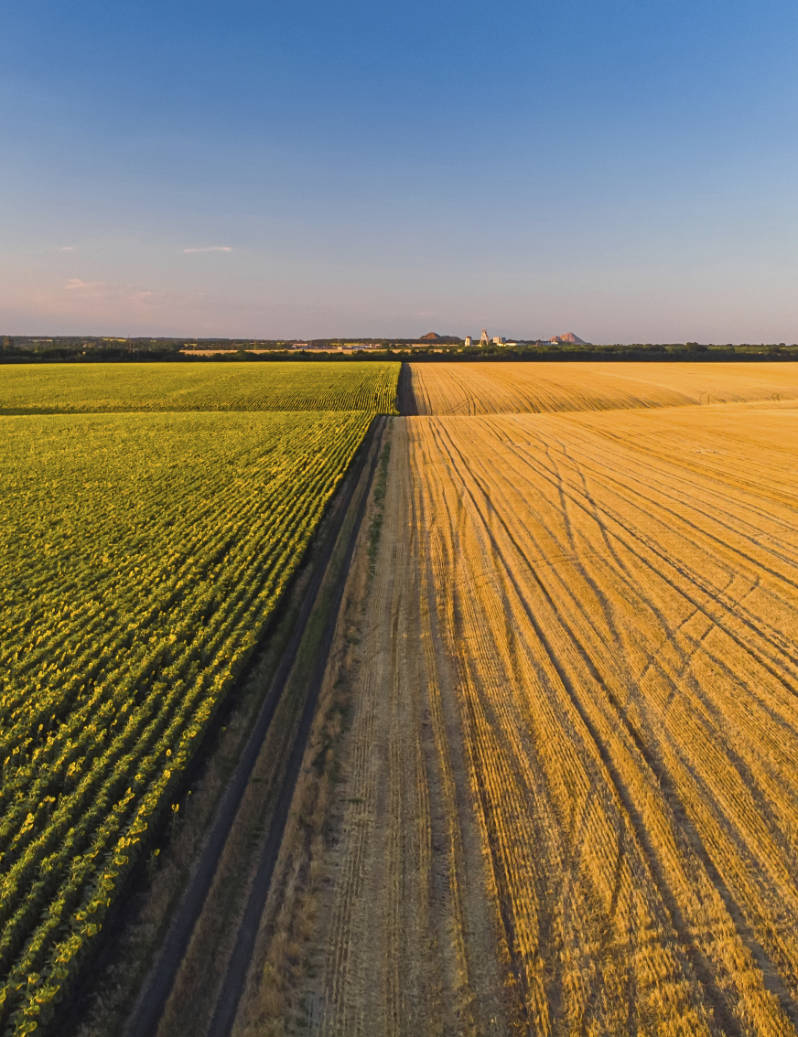
Biochar in agriculture
Increased yield for soil, animals & environment
Agricultural use:
Animal, stable and floor
72 - 92%
Carbon content as required
3 - 30%
Moisture according to requirements
1 - 5 mm
Grain size as required
0.00006%
Total 16 EPA-PAK per kilogram
In order to guarantee a high quality standard and our purity requirement, no other substances are added.
Versatile benefits for animals, stables and soil
Biochar improves soils, stores water, binds nutrients and promotes soil life - for more fertility, stable yields and greater resilience to drought. As feed charcoal, it aids digestion, binds toxins and contributes to animal health - without any chemical additives. At the same time, it permanently stores carbon in the soil, reduces emissions and creates the basis for CO₂ certificates. Natural added value for the environment, animals and the farm.
Biochar as feed charcoal for healthy animals
First, biochar is added to the animal feed. It binds pollutants in the digestive tract, promotes intestinal health and reduces emissions such as methane and ammonia - completely naturally.
Stable bedding: Dry climate & fewer emissions
It binds moisture, reduces odours and minimizes the outgassing of ammonia - without any chemical additives. Thanks to its high porosity, it promotes a dry stable climate and improves hygiene in the animal area. At the same time, the slurry is enriched with valuable biochar, which increases the fertilizing effect.
Manure management & nutrient binding
After excretion, the biochar remains active in slurry or manure: it reduces odours, binds nutrients and improves the storage and application properties of organic fertilizers.
Soil charcoal for fertile and resilient soils
When applied to the fields, biochar becomes a long-term soil improver. It increases water retention, activates soil life and promotes humus formation.
Carbon sequestration & CO₂ certificates as additional revenue
The end result is the permanent storage of carbon in the soil - a measurable contribution to climate protection and the generation of CO₂ certificates.

